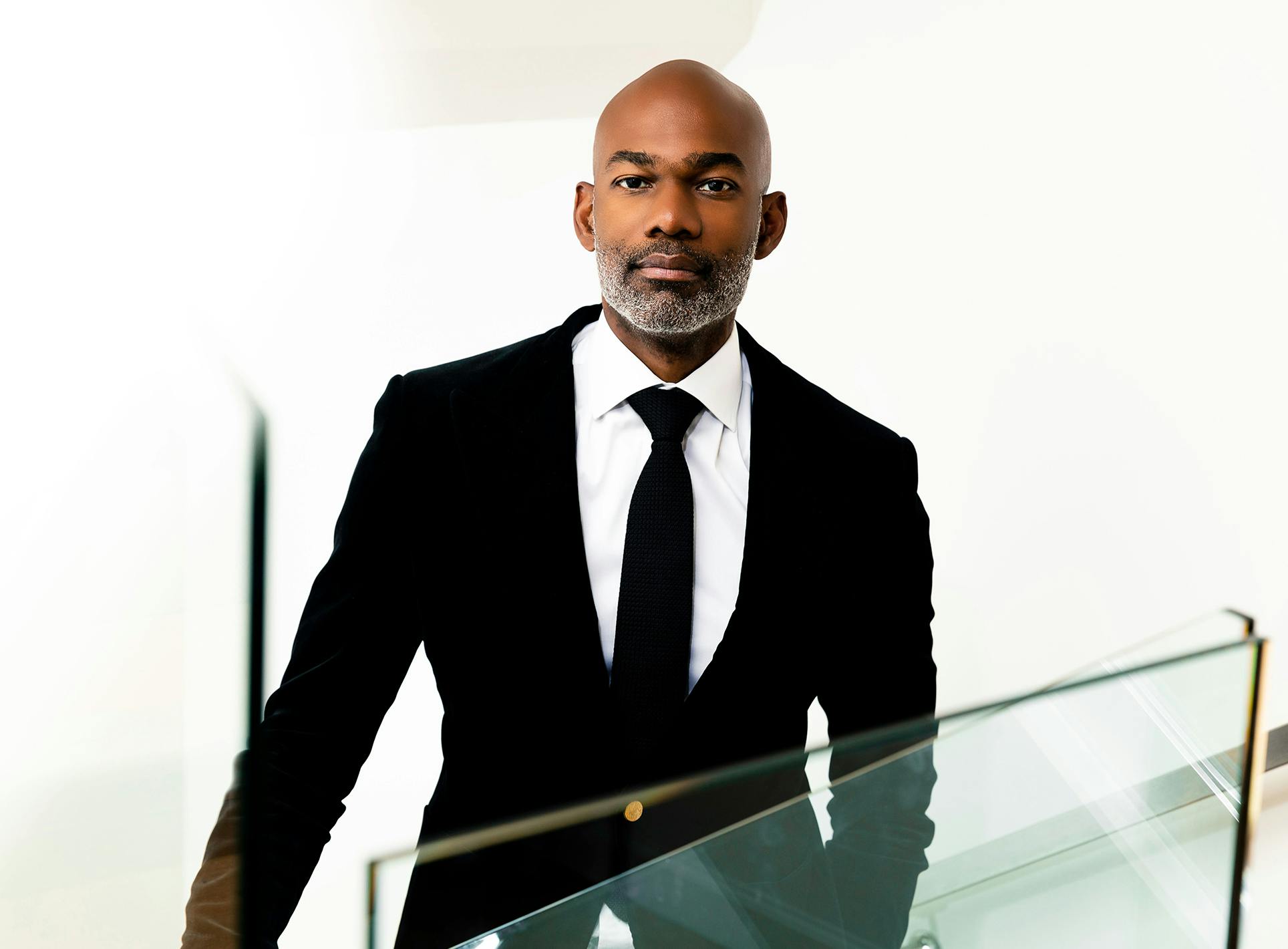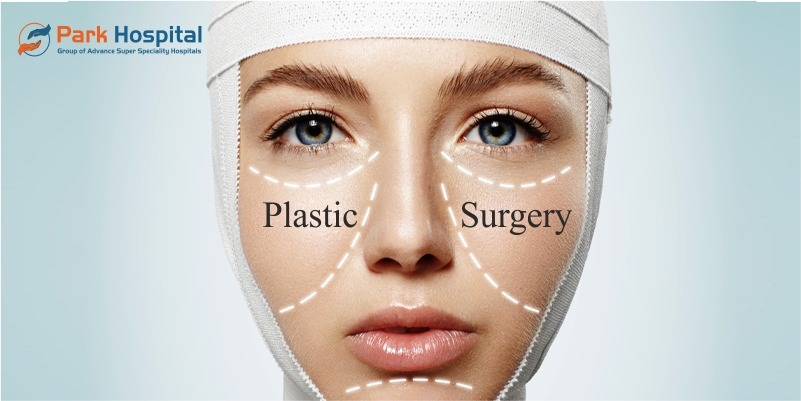Breast Augmentation Rancho Cucamonga: Tailored Solutions for Richer, Natural-Looking
Breast Augmentation Rancho Cucamonga: Tailored Solutions for Richer, Natural-Looking
Blog Article
The Effect of Self-Image on Decision-Making: Reasons Many People Seek Plastic Surgery for Physical Change
The interaction in between self-image and decision-making is a complicated sensation, especially noticeable in the raising trend of people choosing cosmetic surgical treatment as a means of physical makeover. Inspired by a need to meet social assumptions and personal ideals, several individuals grapple with problems of self-confidence that can significantly affect their selections. As external pressures from cultural standards and social media escalate feelings of inadequacy, an important question develops: what are the underlying mental elements that drive this search of transformed looks, and what ramifications do these decisions hold for individuality and health?
Comprehending Self-Image
Self-image describes the mental picture and understanding a private holds regarding themselves, incorporating facets such as physical appearance, personality type, and overall self-worth - mommy makeover rancho cucamonga. This inner depiction dramatically influences just how individuals interact with the globe and can be a driving force behind numerous life selections, including the decision to undergo plastic surgery
A positive self-image often correlates with greater self-esteem and a feeling of self-confidence, cultivating an aggressive method to life. Conversely, a negative self-image may cause feelings of insufficiency and dissatisfaction, motivating individuals to seek external remedies to perceived imperfections. This quest for improvement can materialize in the need for physical change via cosmetic procedures.
Furthermore, cultural influences and societal requirements play a critical duty in shaping self-image. The prevalent nature of media and peer comparisons can enhance feelings of instability, motivating individuals to alter their appearance in pursuit of approval or approval. Understanding these dynamics is necessary in understanding the inspirations behind cosmetic surgery. Eventually, self-image is a complex construct that intertwines with emotional well-being, social expectations, and personal goals, making it a vital aspect in the decision-making procedure regarding aesthetic enhancements.
Emotional Variables at Play
Many psychological factors affect a person's decision to pursue plastic surgery, typically rooted in much deeper psychological and cognitive procedures. One substantial element is low self-confidence, which may emerge from adverse self-perceptions or frustration with one's appearance. Individuals with lessened self-worth may think that modifying their physical functions will boost their overall worth and acceptance in social contexts.
Furthermore, the principle of body dysmorphic condition (BDD) plays an important role. Individuals experiencing BDD experience an obsessive focus on viewed problems in their appearance, leading them to look for surgical intervention as an option. This compulsive wish for transformation can dramatically distort their self-image, driving them to pursue procedures regardless of the potential for negative end results.

Social Pressures and Assumptions
A significant impact on individuals' decisions to undertake plastic surgery stems from societal pressures and assumptions that infuse contemporary culture. In an era controlled by social media and continuous visual exposure, idyllic requirements of charm are regularly showcased, producing a pervasive environment where physical look is extremely inspected. Such criteria usually dictate what is considered attractive, leading people to really feel obliged to adapt these perfects.
Additionally, the normalization of cosmetic enhancements in pop culture further aggravates these pressures - mommy makeover rancho cucamonga. Influencers and celebrities freely discussing their procedures can develop an assumption that such alterations are not just acceptable but preferable. This phenomenon can engender sensations of inadequacy in individuals who might feel their all-natural appearance does not align with social standards
Furthermore, the influence of peer teams can not be neglected. People might run into indirect or direct pressure from buddies or family members, causing a public recognition of plastic surgery as an acceptable ways to accomplish an idyllic self-image. Subsequently, these social expectations can significantly influence personal decision-making review processes, commonly overshadowing inherent motivations for self-improvement and cultivating a culture where physical change is pursued as a remedy for perceived shortcomings.

Instance Researches and Personal Stories
Many individuals have shared their personal journeys pertaining to cosmetic surgical procedure, revealing a complex interaction in between self-perception and societal impacts. As an example, a 34-year-old female described how years of sensation inadequate because of her nose led her to seek nose job. She reported that after the procedure, her confidence rose, permitting her to involve even more openly in social scenarios and advance her profession. Yet, she acknowledged that her decision was greatly influenced by media portrayals of elegance.
Similarly, a male person in his late twenties recounted his fight with body dysmorphic disorder, which triggered him to go after liposuction surgery. His experience highlighted not just a desire for physical transformation but likewise an ambition for acceptance among peers. Post-surgery, he shared a restored sense of self-respect, albeit with the realization that internal recognition should precede outside changes.
These case studies underscore a wider fad: individuals usually check out plastic surgery as a go now pathway to improved self-image. Nevertheless, the stories additionally expose a crucial viewpoint on the pressures and assumptions that form these decisions, suggesting that personal tales are deeply intertwined with societal standards and values.
Alternatives to Cosmetic Surgery

Skin care therapies, consisting of chemical peels and microdermabrasion, can enhance skin appearance and tone, dealing with issues like acne marks or unequal pigmentation. In addition, laser therapy is an efficient method for targeting certain skin problems, such as sun damage or vascular lesions, promoting an extra vibrant look.
For those looking for body improvement, non-invasive fat decrease strategies like CoolSculpting can assist eliminate persistent fat down payments without surgery. Physical fitness programs and dietary counseling are additionally crucial tools for people intending to achieve a much healthier body photo. Inevitably, these choices can provide substantial outcomes while aligning with personal convenience degrees and choices, fostering a favorable self-image without the permanence of cosmetic surgical treatment.
Final Thought
People frequently look for physical makeover in an attempt to enhance self-esteem and straighten with regarded requirements of appeal. By discovering choices and promoting a much healthier self-image, people might locate extra sustainable paths to self-acceptance and well-being.
The interplay in between self-image and decision-making is a complicated sensation, specifically noticeable in the increasing trend of people deciding for cosmetic surgical treatment as a means of physical transformation.Countless emotional variables influence a person's choice to go after cosmetic surgery, commonly rooted in deeper psychological and cognitive procedures.A substantial influence on individuals' decisions to undertake cosmetic surgical treatment stems from social pressures and expectations that see post pervade contemporary culture. Individuals might experience indirect or direct stress from pals or family, leading to a public recognition of cosmetic surgery as an appropriate ways to achieve an idealized self-image.Many individuals have shared their personal journeys concerning cosmetic surgery, revealing a complex interaction between self-perception and societal influences.
Report this page